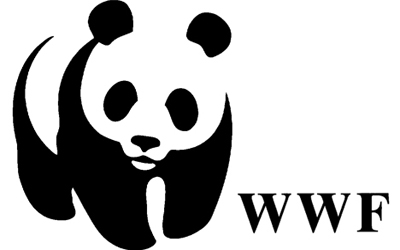Community / Land projects / Contribute to building resilience and improve vulnerable people’s access to basic services and respond to prot
Contribute to building resilience and improve vulnerable people’s access to basic services and respond to prot

€305836.8058
09/20 - 09/21
Voltooid
This project is part of
Implementing Organisations
Donors
Data Providers
Objectives
The project is designed to cover the immediate food insecurity and livelihoods diversification skills, lack of knowledge of improved agriculture practice and wide spread of livestock diseases and management of natural resources targeting total of 1110 direct beneficiaries out of 15000 person living on 6 villages which over 60% of them are women and children. Most vulnerable farmers and pastoralists ,10 disables people with low-skills, living in Tendalti locality White Nile state will cover 6 villages (Um hejlija,Salima,Um Rawia,Um Gidahat,Almalieh,Altahra) , to reduce poverty, ensure food security, healthy lives and aims to contribute to protect vulnerable populations of 6 villages 90% are farmers affected by economic crises natural disasters such as drought and floods and more recently high increase of inflation These villages have not received SHF or CERF allocations in 2019 and not covered by any sectors under special 2020 CERF allocation (reported by Locality Managing Director) The project will be implemented multi sectoral interventions providing assistance with lifesaving coupled to strengthen the targeted communities’ resilience, sustainability protecting and improving their existing livelihood assets to pave the way forward to sustainable improved food security , income gain and malnutrition through ensuring availability of complement health (None health activities) and nutrition activities by complementing diet diversity, HH income , build capacity of farmers and livestock owners in producing , accessing food, protect their assets, –diversify their livelihoods hence increasing their self-reliance, by provision of farming inputs including assorted crops and vegetables seeds packages and hand tools, seeds and agricultural tools to 800 HH beneficiaries. Conducting 6 information sessions on sustainable agricultural practices farmer’s HH 51% female and 49% male to improve food security, will contribute to improve food production and productivity of sustainable agricultural practices, Distribution of 900 small ruminants to 300 vulnerable households 3 each 60% female and 40% male, conducting 2 information sessions on animal husbandry, Vaccination treatment for 10,000 head of animal support mass livestock vaccination10 PWD 6 women and 4 men will be included and provided by IGAs to live with dignity For protection BPWO will targe 1325 beneficiaries out of more than 15000 person living in 6 villages, 5 training for protection worker/volunteers after establishing 5 women committees will be conducted targeting women and girls, focusing on improving community knowledge and ensure GBV prevention and response is well Integrated to reveal existing and potential GBV risks associated with project participation and protection activities to increase their knowledge of protection and GBV issues and inequality between male and female, which decreases women access to productive resources, relief commodities seeds, tools , productive land, better access to justice and greater security, as well as on mother’s role to support community health and hygiene, accompanied by distribution of dignity kits, Building women’s leadership and engaging men as allies will reduce GBV risks, fight bad habits and norms like early marriage, FGM, and will adopt policies that prohibit discrimination, exploitation, harassment, and VAW. Raising 10 awareness sessions on land ownership rights, advocating for equitable land distribution, adopting policies that prohibit discrimination, exploitation, harassment, and VAW. Strengthening civil society’s ability to advocate for the development and implementation of gender-sensitive laws and policies in transitional environments and 6 sessions for PWD protection services to increase awareness on the fact that persons with disabilities are capable of taking their lives in their own hands(in parallel to increase their self-confidence within norms and COVID 19 response as assumption), rehabilitation of



